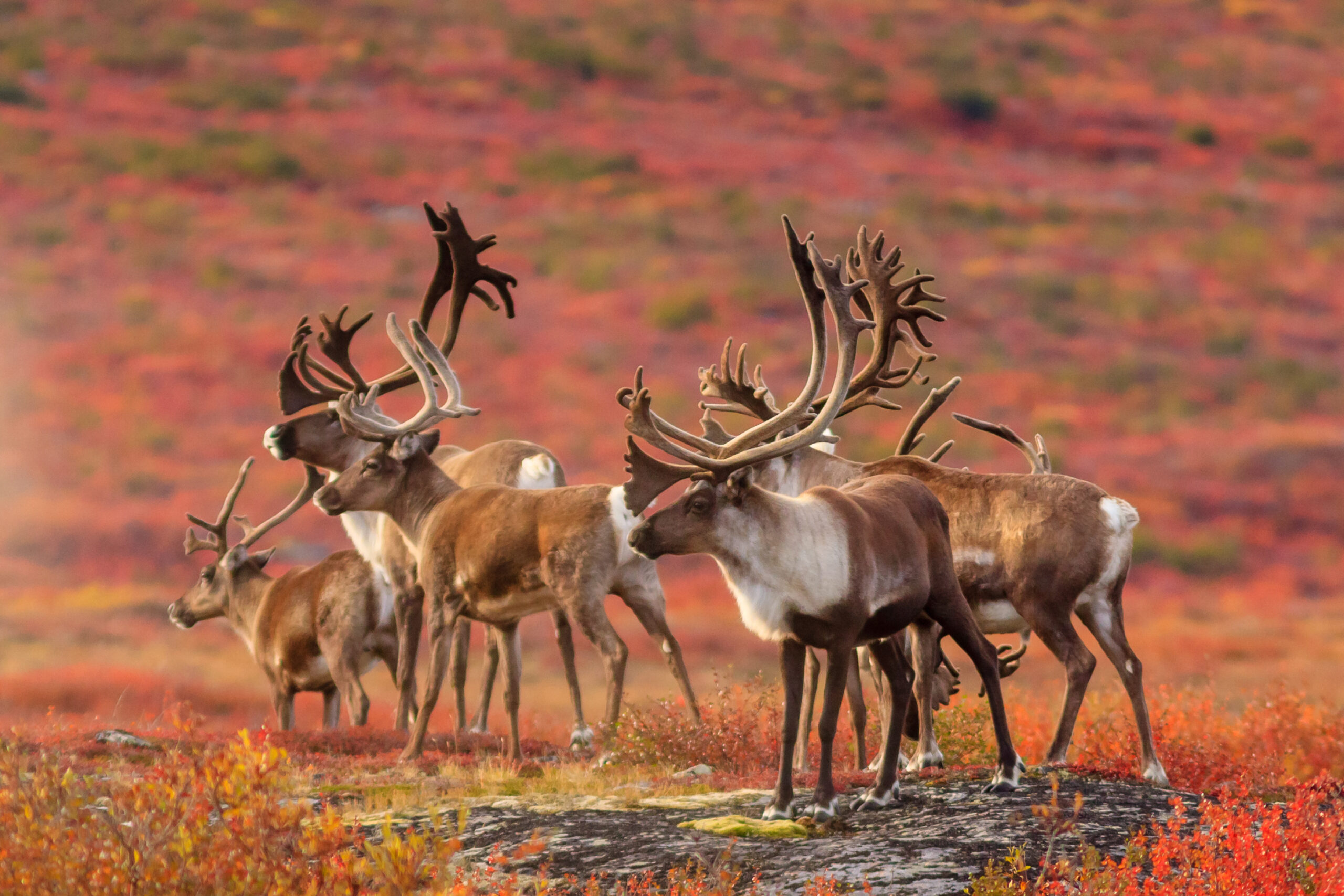The Canadian Parks and Wilderness Society releases its second report card on land and ocean protection progress in Canada
May 24, 2023, traditional unceded Algonquin Territory/Ottawa, Ontario — A report released today by the Canadian Parks and Wilderness Society (CPAWS) finds that a majority of jurisdictions in Canada have made contributions to the protection of 30% of land and ocean by 2030 in the last two years, with a few exceptions where minimal progress has been made. This report reinforces the urgent need for all levels of government to work together to halt and reverse biodiversity loss in Canada, in collaboration with, and in support of, Indigenous peoples, and identifies key opportunities for nature protection in the coming years.
“Progress on protecting land and ocean is not linear, and it takes time to get all the pieces in place that will create the foundation for conservation gains moving forward,” says Sandra Schwartz, CPAWS National Executive Director.
“Federal, provincial, and territorial governments each have a unique and important contribution to make in ensuring we can stop species decline and restore ecosystems by 2030. We’re encouraged to see many jurisdictions taking steps to build that foundation through new commitments, investments and on-the-ground actions, but we need all governments to acknowledge the urgency of this crisis,” she adds.
Canada has shown leadership by committing to protect at least 30% of land and ocean by 2030, which is a core component of the new Kunming-Montreal Global Biodiversity Framework. The report, Building Momentum: A Progress Update on Canada’s Nature Protection Targets, tracks federal, provincial and territorial progress since the Canadian Parks and Wilderness Society’s 2021 report card, to protect at least 30% of land and ocean by 2030.
“Canadians expect more than a C average in conservation,” said Alain Branchaud, biologist and executive director of the Canadian Parks and Wilderness Society, Quebec chapter. “Reaching the 30% by 2030 target is realistic and essential for the future of the country. Protecting nature today means creating the winning conditions for harmonious economic development tomorrow.”
KEY FINDINGS
Federal, provincial and territorial governments have achieved varying degrees of progress since CPAWS’ 2021 Report Card, with some making ambitious commitments and advances over the past two years, and others making minimal progress.
Jurisdictions with significant progress since 2021:
- Federal Terrestrial (2021 grade: A-)
- Quebec (2021 grade: A-)
- Nova Scotia (2021 grade: B)
- The Yukon (2021 grade: B-)
- British Columbia (2021 grade: C)
Jurisdictions with some progress since 2021:
- Federal Marine (2021 grade: B+)
- Northwest Territories (2021 grade: B+)
- New Brunswick (2021 grade: B-)
- Manitoba (2021 grade: C-)
- Newfoundland and Labrador (2021 grade: F)
Jurisdictions with minimal progress since 2021:
- Saskatchewan (2021 grade: D)
- Alberta (2021 grade: F)
- Ontario (2021 grade: F)
Nunavut and Prince Edward Island were not graded as CPAWS does not have chapter offices there.
All levels of government need to act urgently to halt and reverse biodiversity loss in Canada, in collaboration with and in support of Indigenous peoples. The conditions and opportunities exist for all jurisdictions to contribute to achieving the targets. The Canadian Parks and Wilderness Society calls upon all levels of governments to close the gaps to protect at least 30% of land and ocean by 2030.
BACKGROUND
2022 polling Conducted by Nanos shows that:
- A strong majority of Canadians (ranging from more than eight in ten to just over nine in ten) support protecting more land and sea in Canada and increased spending to meet commitments.
- Strong support among Canadians (more than eight in ten) for creating more Indigenous Protected and Conserved Areas in Canada.
- About eight in ten say it is important for Canadian governments to speed up progress on nature protection.
- The majority of Canadians would be more likely to support a federal party or provincial/territorial government that committed to nature protection.
- A majority of Canadians, from just under seven in ten to over seven in ten (69% to 74%), would be more likely or somewhat more likely to vote for a federal party that proposed various nature protection policies.
- A majority of Canadians agree (69%) they would be more likely to support a provincial or territorial government if it set out a big and important nature conservation goal.
- Canadians think about half of the world’s land (48%) and sea (55%) and half of canada’s land (49%) and sea (55%) should be protected
- The majority of Canadians (around nine in ten) agree that protected areas play an important role in addressing climate change, and support a healthy, sustainable economy
About the Canadian Parks and Wilderness Society
The Canadian Parks and Wilderness Society (CPAWS) is Canada’s only charity dedicated to the protection of public land, freshwater and ocean with a strong national and regional presence across the country. Working in a way that respects the sovereignty and leadership of Indigenous nations, we are focused on conserving nature to respond to the dual crises of accelerated biodiversity loss and climate change. Our vision is that at least half of land, freshwater and ocean in Canada is permanently protected to sustain nature and people for current and future generations. For more information about CPAWS and the work we do to safeguard Canada’s natural heritage, visit www.cpaws.org. Join our community on Facebook, Twitter, Instagram and LinkedIn. Donate today. Take action.
Media contact
Heather Badenoch, Village PR, [email protected], 613-859-8232
– 30 –

